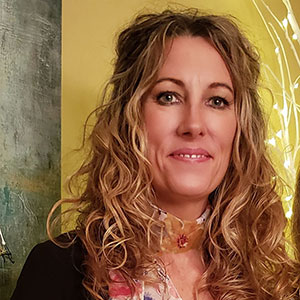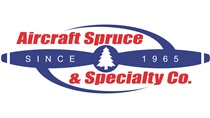Training and Safety Tip: The hidden hazard of complacency
Be consistent with procedures for safety
Navigating the world of aviation is a pilgrimage of triumphs and challenges. One serious but oft-overlooked challenge is complacency.

You check the tires as part of every preflight (right?), but the flight school does a good job maintaining its aircraft, and you've never seen a “squawk.” Over time, your careful check might turn into a passing glance, or, worse yet, you might not even peek at the tires at all.
A self-satisfied mindset stemming from repeated positive experiences leads to decreased awareness of hazards and failure to follow safety protocols. This can result in missing critical steps, misjudging risks, and potentially compromising the safety of the flight.
What are complacency’s pitfalls?
Pilots who consistently fly the same aircraft, whether as an owner or a renter, sometimes develop checklist complacency. The inclination to underestimate the significance of checklists and rely on memory instead is an avoidable hazard. Checklists serve as an essential safeguard against human fallibility.
Proficiency in individual skills doesn’t equate to universal expertise. Understanding that competence in one area doesn’t automatically confer ability in others is crucial to developing a well-rounded skill set and maintaining a safe mindset.
How do we ameliorate the dangers of complacency?
- Practice mindfulness: Stay engaged and present during every ground and flight lesson to enhance your learning experience.
- Solicit feedback: Always request feedback from your instructors and more experienced pilots. Their insight can help you recognize areas where complacency may have crept in.
- Stick to procedures: Never cut corners. Always stick to the procedures, checklists, and protocols you’ve been taught. The rules are there for a reason.
- Pursue continuous learning: Aviate, navigate, communicate, and educate should be your motto. Always look for opportunities to expand your skills and knowledge.
- Simulate real-world scenarios: If your instructor hasn’t incorporated distractions and less-than-ideal conditions into your lessons, ask them to do so. It helps prepare you for real-world scenarios where stress and workload can lead to mistakes if you’re complacent.
- Value experienced insights: There’s wisdom in experience. Listen to stories and advice from those flying for a long time. Often, their narratives are full of lessons on what not to do.
Complacency’s challenges underscore the necessity for vigilance, adherence to established protocols, and an ongoing pursuit of knowledge to navigate the diverse landscape of aviation effectively and safely. Balancing confidence with caution and embracing lifelong learning is pivotal in mitigating the risks associated with beginner’s luck, checklist complacency, and overestimation of skills.



